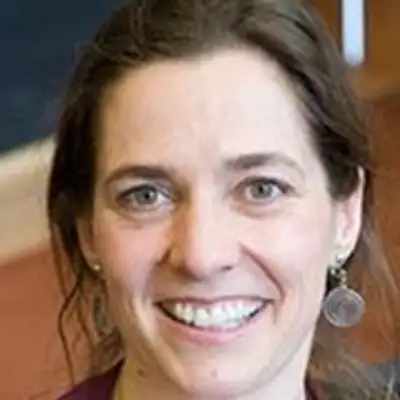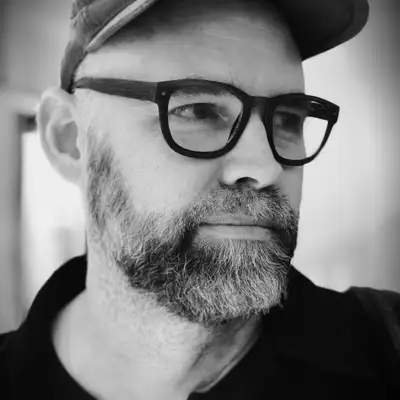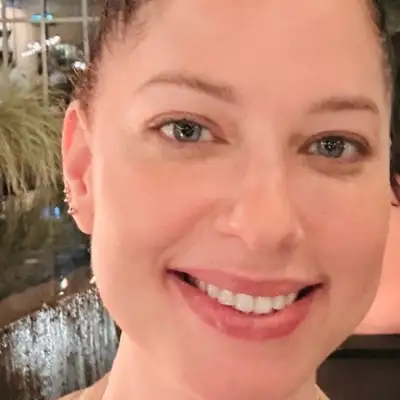
Quantum reservoir computing with Susanne Yelin
Sebastian is joined by Susanne Yelin, Professor of Physics in Residence at Harvard University and the University of Connecticut.
Susanne's Background:
Susanne's Background:
- Fellow at the American Physical Society and Optica (formerly the American Optics Society)
- Background in theoretical AMO (Atomic, Molecular, and Optical) physics and quantum optics
- Transition to quantum machine learning and quantum computing applications
Quantum Machine Learning Challenges
- Limited to simulating small systems (6-10 qubits) due to lack of working quantum computers
- Barren plateau problem: the more quantum and entangled the system, the worse the problem
- Moved towards analog systems and away from universal quantum computers
Quantum Reservoir Computing
- Subclass of recurrent neural networks where connections between nodes are fixed
- Learning occurs through a filter function on the outputs
- Suitable for analog quantum systems like ensembles of atoms with interactions
- Advantages: redundancy in learning, quantum effects (interference, non-commuting bases, true randomness)
- Potential for fault tolerance and automatic error correction
Quantum Chemistry Application
- Goal: leverage classical chemistry knowledge and identify problems hard for classical computers
- Collaboration with quantum chemists Anna Krylov (USC) and Martin Head-Gordon (UC Berkeley)
- Focused on effective input-output between classical and quantum computers
- Simulating a biochemical catalyst molecule with high spin correlation using a combination of analog time evolution and logical gates
- Demonstrating higher fidelity simulation at low energy scales compared to classical methods
Future Directions
- Exploring fault-tolerant and robust approaches as an alternative to full error correction
- Optimizing pulses tailored for specific quantum chemistry calculations
- Investigating dynamics of chemical reactions
- Calculating potential energy surfaces for molecules
- Implementing multi-qubit analog ideas on the Rydberg atom array machine at Harvard
- Dr. Yelin's work combines the strengths of analog quantum systems and avoids some limitations of purely digital approaches, aiming to advance quantum chemistry simulations beyond current classical capabilities.
Creators and Guests

Composer
Omar Costa Hamido
OCH is a performer, composer, and technologist, working primarily in multimedia and improvisation. His current research is on quantum computing and music composition, telematics, and multimedia. He is passionate about emerging technology, cinema, teaching, and performing new works. He earned his PhD in Integrated Composition, Improvisation and Technology at University of California, Irvine with his research project Adventures in Quantumland (quantumland.art). He also earned his MA in Music Theory and Composition at ESMAE-IPP Portugal with his research on the relations between music and painting. In recent years, his work has been recognized with grants and awards from MSCA, Fulbright, Fundação para a Ciência e a Tecnologia, Medici, Beall Center for Art+Technology, and IBM.

Guest
Susanne Yelin
Dr. Yelin is Professor of Physics in Residence at Harvard University, her research interests are in theoretical quantum optics and quantum information science.


